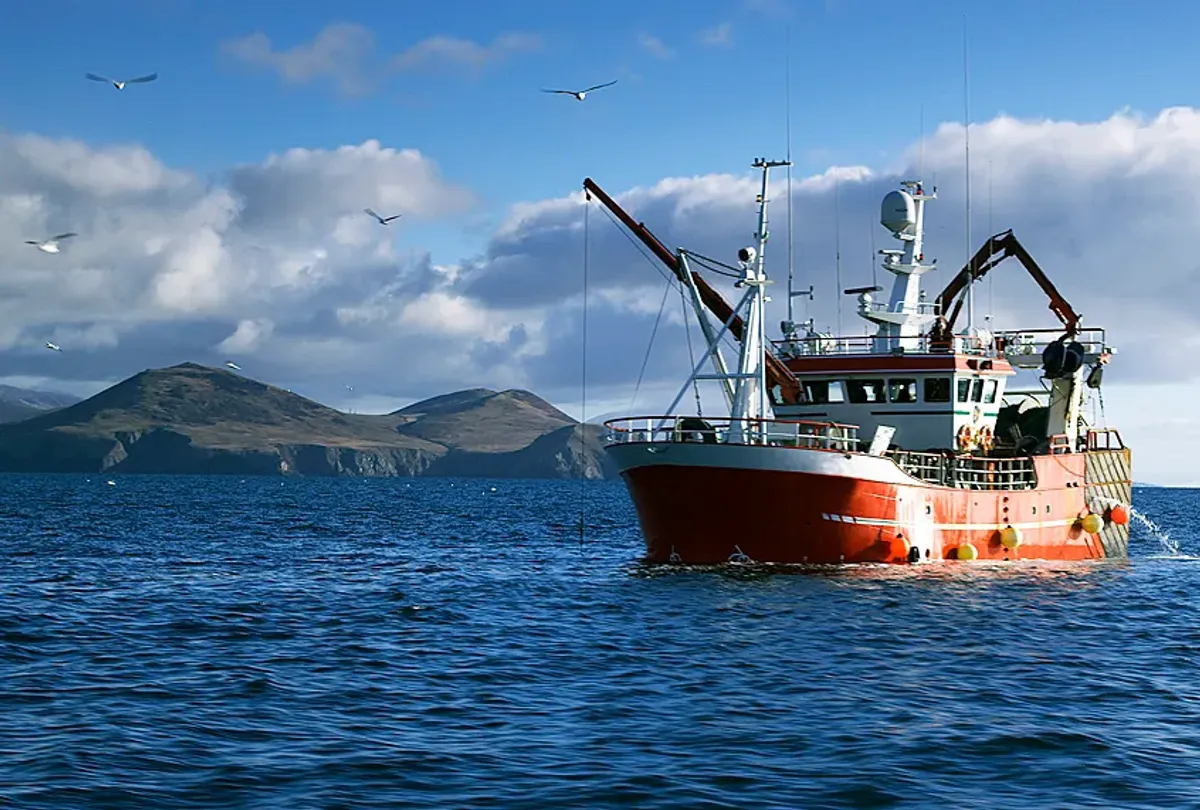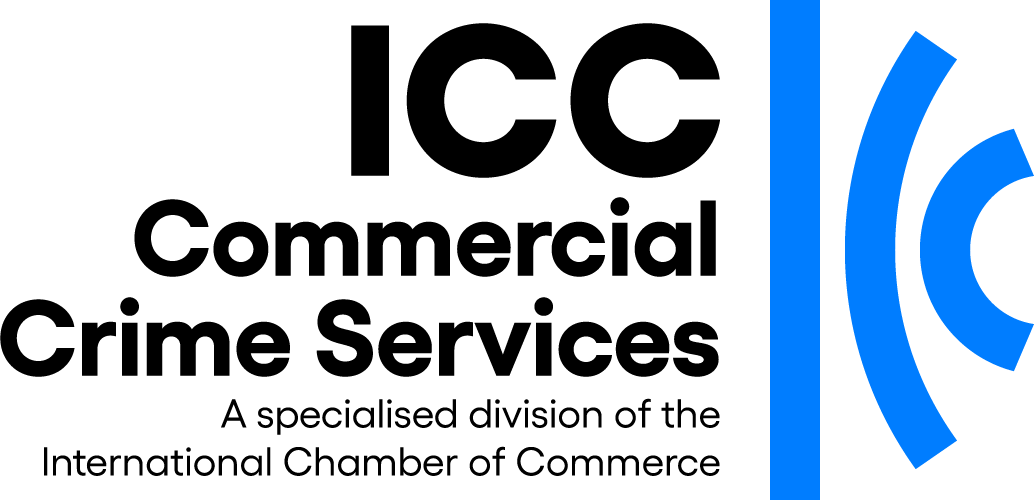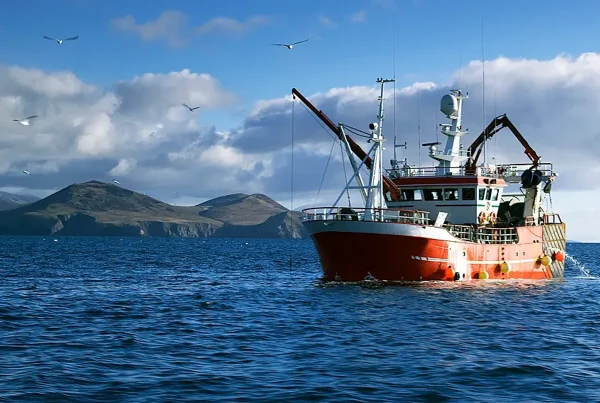

The ICC International Maritime Bureau (IMB) welcomes the recent UN Security Council Resolution calling upon naval units in the Horn of Africa to provide assistance to vessels attacked by pirates and forced into Somali territorial waters.

The ICC International Maritime Bureau (IMB) welcomes the recent UN Security Council Resolution calling upon naval units in the Horn of Africa to provide assistance to vessels attacked by pirates and forced into Somali territorial waters.
On the heels of this resolution, the IMB is issuing a warning to all ships sailing through the Gulf of Aden. The IMB asks that mariners remain alert to the ongoing and escalating acts of piracy in these waters.
To date in 2008, there have been 19 actual or attempted attacks on vessels in the Gulf of Aden. On 25 and 28 May 2008, respectively, two general cargo ships were hijacked with numerous crewmembers held hostage. One vessel was released last week and the other continues to be held at bay in waters off the Somali coast.
The method of attack is almost universally the same. Ships travelling through this area are approached by smaller craft attempting to attack armed with either automatic weapons, rocket-propelled grenades, or both.
Recent acts of piracy have included two attempted attacks on very large crude carriers (VLCC)s and attacks on chemical and product tankers. One VLCC had its bunker tanks ruptured and a product tanker had its superstructure damaged by grenades.
IMB Director Pottengal Mukundan commented: “Fortunately, these ships did not sustain further damage, and the pirates withdrew but the potential danger and risk to human life remains very high.”
In 2007, the IMB reported a number of attacks on vessels over 300 nm off the Horn of Africa. In 2008, the geographical pattern is shifting, with attacks trending more toward the north and into the Gulf of Aden.
In response to the growing piracy in the region, the UN Security Council issued Resolution UNSCR 1816. UNSCR 1816 gives permission to states cooperating with Somalia’s Transitional Federal Government (TFG) to enter the country’s territorial waters and use “all necessary means” to repress acts of piracy and armed robbery at sea. Actions taken to restore order and offer protection must be performed in a manner consistent with international law. The resolution is in place for a period of six months.
Commenting on the resolution, Mukundan stated: “The UN has provided naval vessels of member countries the legal standing to intervene, under certain conditions, in piracy incidents in the most dangerous waters in the world. For some time, Somalia’s pirate gangs have been operating with relative impunity from the east of the country up into the Gulf of Aden. Our hope is that this resolution will reduce the incidents of piracy and the very real risks to ships moving through this busy shipping lane.”
The IMB advises that Masters maintain strict 24-hour piracy watches and be especially wary of any approaching smaller craft. The IMB urges the reporting of all actual or attempted attacks, as well as any suspicious vessel movements, to the IMB Piracy Reporting Centre (PRC)
Mukundan added: “Usually there is little an unarmed merchant ship can do to defend itself against heavily-armed attackers in smaller fast moving vessels. However, the IMO has outlined measures that can be taken in response.In addition, the IMB recommends that vessels manoeuvre away from the attack craft and mother ship and increase their speed. Vessels should contact the PRC as soon as practicable so that naval vessels in the vicinity can be notified. There have been numerous cases where this has resulted in naval units arriving at the location of the attack causing the pirate craft to flee. The IMB also recommends that the flag state be notified.”
The PRC can be emailed and telephoned 24 hours a day, seven days a week on imbkl@icc-ccs.org and + 60 3 2031 0014.






